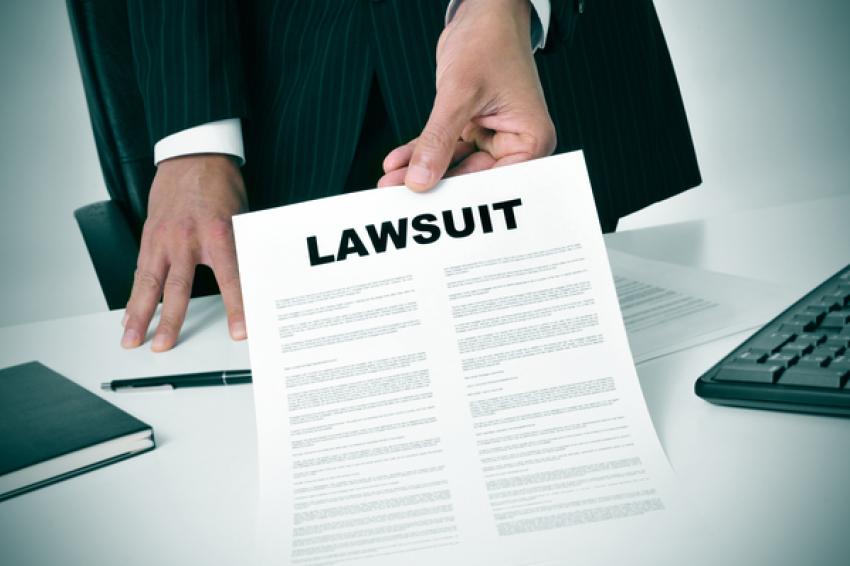J&J Fights to Save Lawsuit-dodging Runoff Company
In January, in an attempt to shed its legal burden, J&J had proposed leveraging a procedure colloquially called the Texas two-step strategy, thereby hiving the lawsuits into a newly created subsidiary called LTL Management.
The plan called for transferring corporate funds to the new company, which would settle the existing lawsuits and subsequently declare bankruptcy.
Lawyers for the plaintiffs in the pending talc suits warned that the success of such a procedure could have far-reaching consequences that would affect other companies attempting to employ the same strategy to reduce the cost of personal-injury litigation and settlements.
The healthcare group in fact first established LTL in Texas in 2021 but moved it to North Carolina before making its bankruptcy claim, a ploy that has effectively frozen the lawsuits for nearly a year and a half.
In its end-of-January judgment, a federal appeals court rejected the carve-out plan saying that only companies in financial distress can declare bankruptcy.
The judges said Johnson & Johnson did not fall into this category as it had more than $400 billion in equity value, an AAA credit rating and $31 billion in cash, along with and marketable securities. Additionally, it distributed more than $13 billion to shareholders in both 2020 and 2021.
Commenting on the latest failed appeal, the healthcare group said the ruling ignores facts established during the original case regarding the appropriateness of LTL’s formation and filing, as well as the company’s intention to efficiently resolve the talc litigation “for the benefit of all parties, including current and future claimants.”
Whether the Supreme Court will agree to hear the J&J course is more than uncertain. Last year, the justices declined to hear a case brought by Bayer — after futile appeals of cases claiming its glyphosate-based herbicide causes cancer — that sought to clarify whether the absence of national labeling requirements for crop protection products supported its stance that US states were prevented from doing so.
Author: Dede Williams, Freelance Journalist





